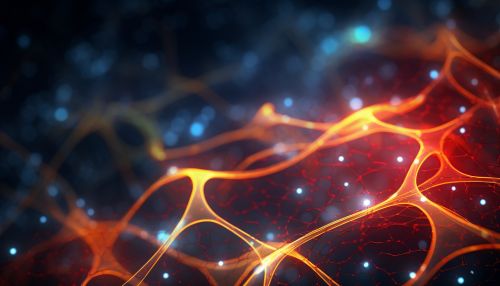Brain Fitness
Introduction
Brain fitness refers to the ability to maintain or improve cognitive abilities such as memory, attention, and executive functions. It is a concept rooted in the brain's ability to change and adapt in response to experience, a phenomenon known as neuroplasticity. Brain fitness is often associated with the idea of 'mental muscle' - the belief that cognitive abilities, like physical abilities, can be strengthened and improved with regular exercise.
Neuroplasticity and Brain Fitness
Neuroplasticity, or brain plasticity, refers to the brain's ability to change throughout an individual's life. The brain has the amazing ability to reorganize itself by forming new connections between brain cells, or neurons. Neuroplasticity plays a crucial role in the brain's capacity for fitness. It allows the brain to become more efficient, allowing for improved cognitive abilities and overall brain health.


Cognitive Abilities and Brain Fitness
Cognitive abilities are the brain-based skills that we need to carry out any task from the simplest to the most complex. These abilities include aspects such as memory, attention, and executive functions.
Memory
Memory is a cognitive function that allows us to encode, store, and retrieve information. It is a crucial aspect of brain fitness, as a fit brain is one that can effectively remember and recall information. There are several types of memory, including short-term memory, long-term memory, and working memory, each of which plays a different role in our cognitive functioning.
Attention
Attention is the ability to focus on specific stimuli or tasks while ignoring others. It is a fundamental aspect of cognitive functioning and brain fitness. Attention can be divided into several types, including sustained attention (the ability to maintain focus over prolonged periods), selective attention (the ability to focus on one task while ignoring distractions), and divided attention (the ability to focus on multiple tasks at once).
Executive Functions
Executive functions are a set of cognitive processes that are necessary for the cognitive control of behavior. They include functions such as planning, working memory, attention, problem solving, verbal reasoning, inhibition, mental flexibility, task switching, and the initiation and monitoring of actions. These functions are crucial for brain fitness, as they allow us to effectively navigate and interact with our environment.
Brain Fitness and Aging
As we age, our cognitive abilities naturally decline. This includes aspects such as memory, attention, and executive functions. However, research has shown that regular mental exercise can help to slow this decline and maintain brain fitness into old age. This is often referred to as 'cognitive reserve' - the brain's resilience to neuropathological damage.
Brain Fitness Exercises
There are many exercises that can help to improve brain fitness. These include activities that challenge the brain and encourage neuroplasticity, such as puzzles, memory games, and tasks that require attention and problem-solving skills. Regular physical exercise has also been shown to improve brain fitness, as it increases blood flow to the brain and encourages the growth of new neurons.
Brain Fitness Programs
There are many programs available that aim to improve brain fitness. These programs often involve a combination of cognitive exercises, physical exercise, and lifestyle changes. They are designed to challenge the brain and encourage neuroplasticity, leading to improved cognitive abilities and overall brain health.
